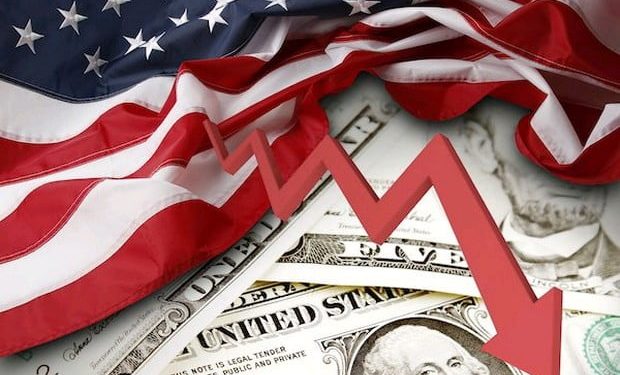As the U.S. economy grapples with lingering inflation concerns, Michael Yoshikami, founder and CEO of Destination Wealth Management, suggests that a recession may prevent a steep market downturn in the second half of 2023. Despite inflation easing to 4.9% in April, the Federal Reserve remains focused on curbing rising prices. This blog post delves into Yoshikami’s insights, exploring the possibilities of recession, interest rate hikes, and their potential effects on the market.
Navigating Inflation and Interest Rates:
While the headline consumer price index has shown signs of cooling from its peak, it remains well above the Federal Reserve’s 2% target. With the Fed lifting rates 10 times since March 2022, there is uncertainty surrounding the path forward. Minutes from the Federal Open Market Committee meeting indicate a divide among officials, with some anticipating further rate hikes and others foreseeing a slowdown in growth that may alleviate the need for tightening. Market expectations, as indicated by CME Group’s FedWatch tool, suggest the possibility of rate cuts by the end of the year.
The Role of a Potential Recession:
Yoshikami contends that a prolonged recession would be necessary for interest rate cuts to occur. He believes that avoiding a slowdown in economic growth might actually be considered a negative for the market, as it could lead to ongoing rate increases. Falling oil prices, on the other hand, could stimulate economic activity and help prevent a recession. However, the risks associated with extended periods of economic expansion and frothy market conditions should not be overlooked.
Market Expectations and Investor Skepticism:
With the uncertain path of monetary policy and its implications for the U.S. economy, Yoshikami advises investors to exercise skepticism, particularly when evaluating valuations in sectors such as technology and artificial intelligence. He suggests that companies may start providing more conservative guidance on future earnings, anticipating higher borrowing costs and narrower margins. Investors are urged to carefully assess the reasonableness of stock valuations based on expected earnings in the coming years.
The Fed’s Approach and Investor Caution:
Yoshikami believes that actual rate cuts would be a drastic move, despite market pricing indicating such a possibility. He suggests that policymakers may opt for influencing market expectations through speeches and public declarations rather than immediate policy action. Given the uncertain landscape, investors are cautioned to thoroughly evaluate asset valuations, avoiding excessive optimism that may lead to future disappointments.
Bottom line
As the U.S. economy grapples with inflation and interest rate concerns, the potential for a recession looms. The market’s reaction to a slowdown and the Federal Reserve’s response could have significant implications for investors. Yoshikami’s insights shed light on the delicate balance between economic growth, interest rates, and market performance. It is essential for investors to exercise caution, conduct thorough evaluations, and remain vigilant amidst the evolving economic landscape.










